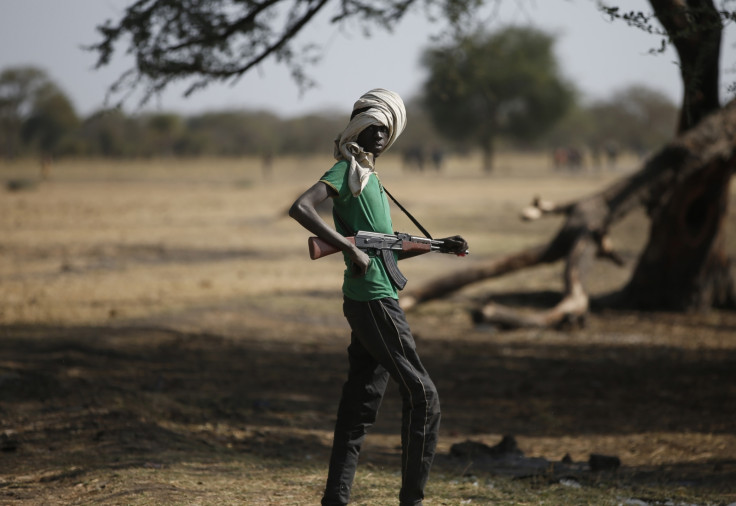South Sudan: Journalists 'killed by government forces' to suppress debate on end of civil war

The number of journalists and reporters killed by security forces in war-torn South Sudan is growing as leaders are failing to halt violence.
According to rights groups, the country is cracking down on media in a bid to suppress debate on how to solve the civil war that has claimed thousands of lives, AFP reported.
In January 2015, at least five journalists working for state-run media were killed by unknown gunmen in an ambush in the remote western region of Bahr al Ghazal.
The Nation Mirror newspaper was shut down by security agents in February 2015, as it was accused of publishing "anti-government articles" after a piece mistakenly claimed that government troops had withdrawn from the northern area of Renk.
The Juba Monitor has also been threatened with closure while reports emerged of journalists being beaten.
The claims of the rights groups come as Mading Ngor, an independent journalist who writes for multiple media outlets, was allegedly detained after refusing to stop taking pictures at a protest.
However, the government said in a public statement it was not aware of the alleged arrest and the reasons behind it.
The South Sudan conflict erupted in December 2013 when Kiir, from the Dinka ethnic group, accused then vice-president Machar of plotting to overthrow the regime.
The accusations sparked violence in the country, where factions loyal to Kiir and Machar engaged in tit-for-tat violence that has claimed thousands of lives.
At least four million people are also at risk of a man-made famine, due to lack of funds and widespread fighting which has stopped volunteers reaching certain areas.
As the civil war entered its second year in December 2014, human rights activists warned the conflict was far from over and the country has experienced a "colossal loss of life".
At the beginning of February 2015, warring sides agreed on a partial ceasefire with Kiir warning that crucial issues regarding the conflict have not yet been addressed.
© Copyright IBTimes 2025. All rights reserved.






















